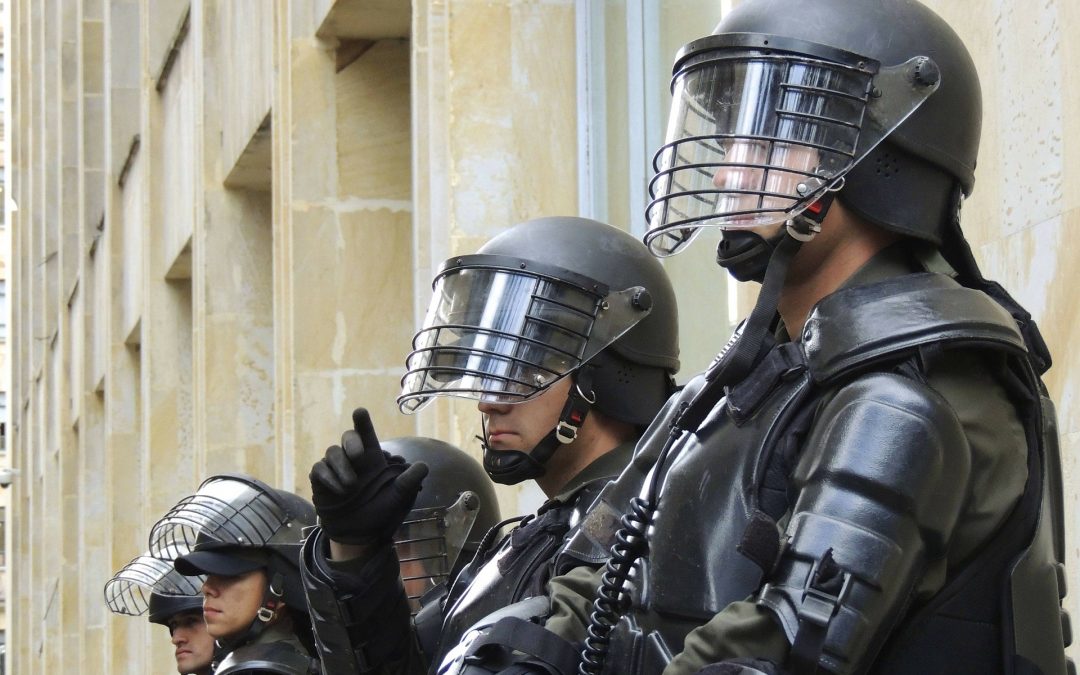Belarusian Helsinki Committee, May 2020
The presidential election held in Belarus on August 9th, 2020 was marked by unprecedented atmosphere of fear and intimidation. Repressions against those expressing alternative opinion began almost immediately after the start of the election campaign and have not stopped ever since.
Belarusian authorities have conducted the election with multiple breaches of international human rights undertakings, as well as with numerous violations of the Constitution of the Republic of Belarus, the Electoral Code and the generally recognized OSCE / ODIHR standards of democratic election. The results announced by the authorities have not been recognized by many states, including the USA and the EU countries. Tens of thousands of Belarusians went out into the streets to peacefully protest against these violations. These protests were met with extremely disproportionate use of force and special equipment (such as flash grenades, rubber bullets, and water cannons) by special police forces…
Belarus has never seen such a systemic and large-scale political and human rights crisis as the one happening today.
We are also seeing the rise in strikes of workers at state and private business enterprises. As of now, many Belarusians prefer not to purchase the goods and not to consume the produce coming from mala fide business enterprises (the companies which have been proved to have violated the rights of employees or consumers or which have been participating in the financing of the current regime and its repressions).
Due to the authoritarian nature of the Belarusian regime, the functioning of both state and private businesses is highly controlled by the authorities: state-owned enterprises are fully affiliated with the authorities and private businesses are subjected to excessive control and pressure from the state agencies. For these reasons, the authorities are currently using businesses as an element of repression, to go after political opponents and anybody else who actively expresses his or her civil or political opinion. Authorities are trying to suppress striking at state-owned enterprises by firing activists and by bringing in security forces in to intimidate others. Private companies that have suspended their work for a day in protest against violence have been targeted by the state agencies, and many of them have been forced to shut down and forced out of business.
Authorities have been targeting the activists and protest participants through state-dependent business enterprises by using the following methods of intimidation and persecution:
- on the direction of the authorities, the management of state companies has been intervening in the exercise of electoral rights by employees (in particular, by forcing employees to take part in heavily rigged early voting);
- state-enterprise employed activists have been facing discrimination, constant intimidation and threats of (or actual) dismissal, non-renewal of contracts at the end of the contract term, loss of bonuses and other types of persecution, including psychological pressure;
- any attempts to strike or join a protest at the workplace have been violently suppressed by the management (who are often backed by special police forces);
- employees have been forced to take part in rallies supporting the existing regime; they have been threatened with dismissal and other negative consequences in case they refuse to participate.
Authorities resort to these forms of persecution because they know they can keep people in submission due to the earlier introduced model of fixed-term employment contracts and systemic targeting of independent trade unions and their activists.
For the fear of being targeted, many companies choose to comply with the demands of the authorities, and they end up, in violation of human rights, taking actions against their employees, customers and local community members. For example, on a few occasions a number of shopping centres, cafes and restaurants have refused to let in peaceful protesters and common passers-by who were trying to escape from the violent actions of the police; for the fear of persecution the businesses have closed their doors right in front of people’s faces.



Recent Comments